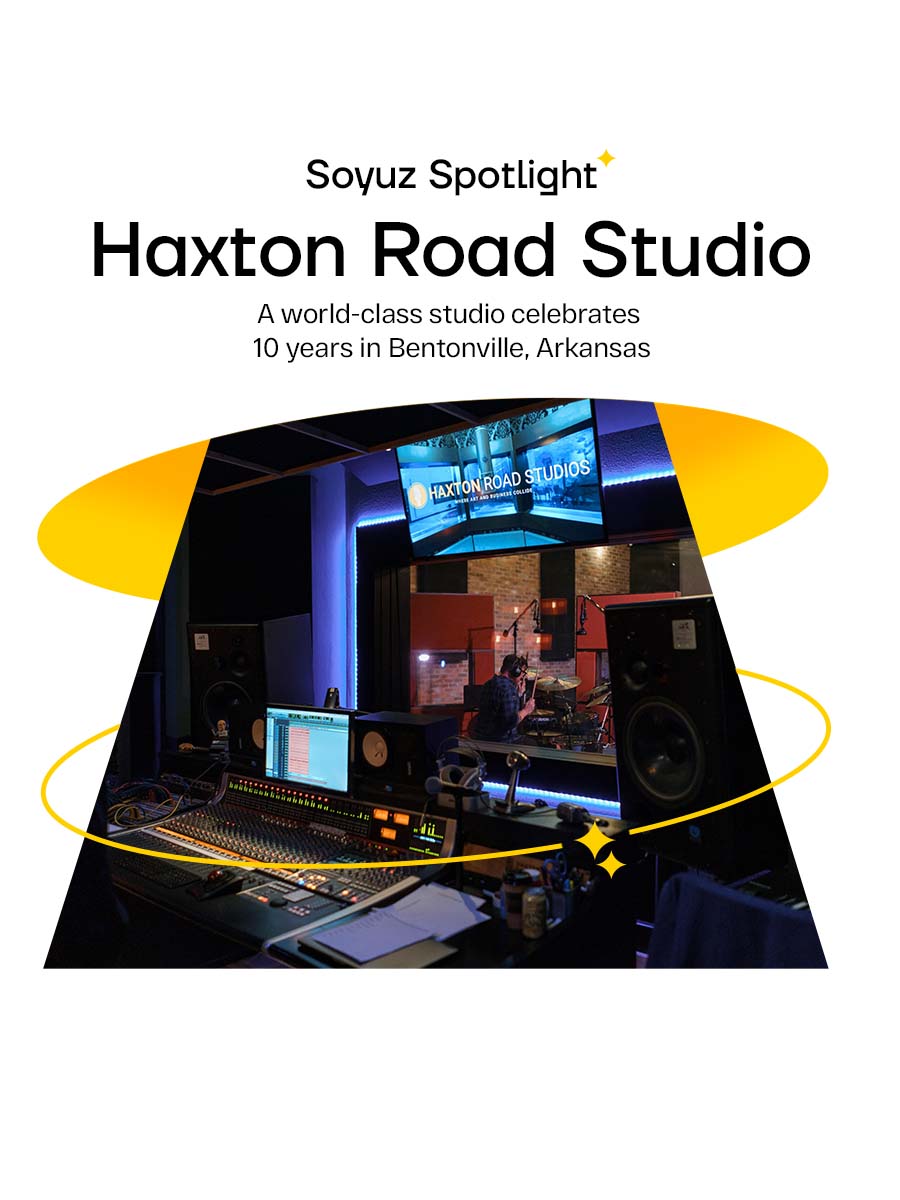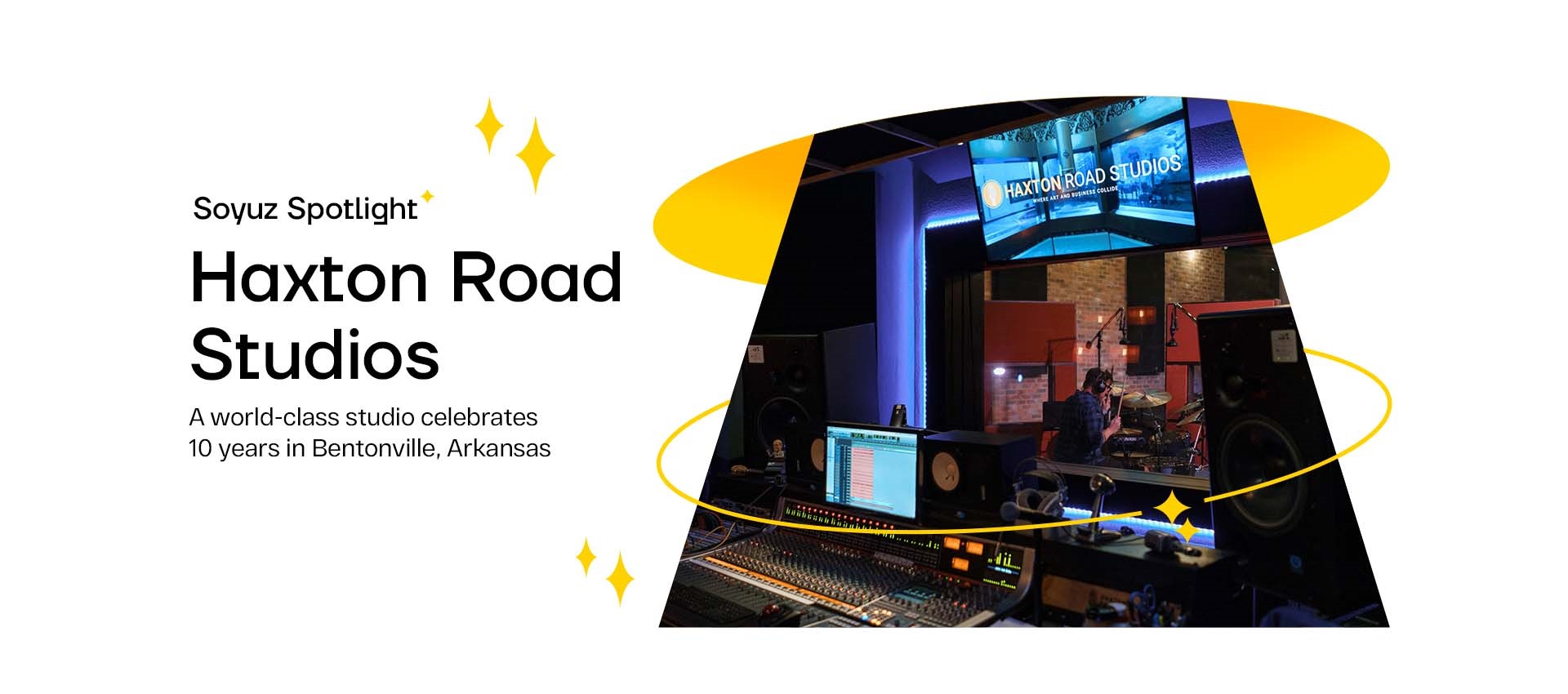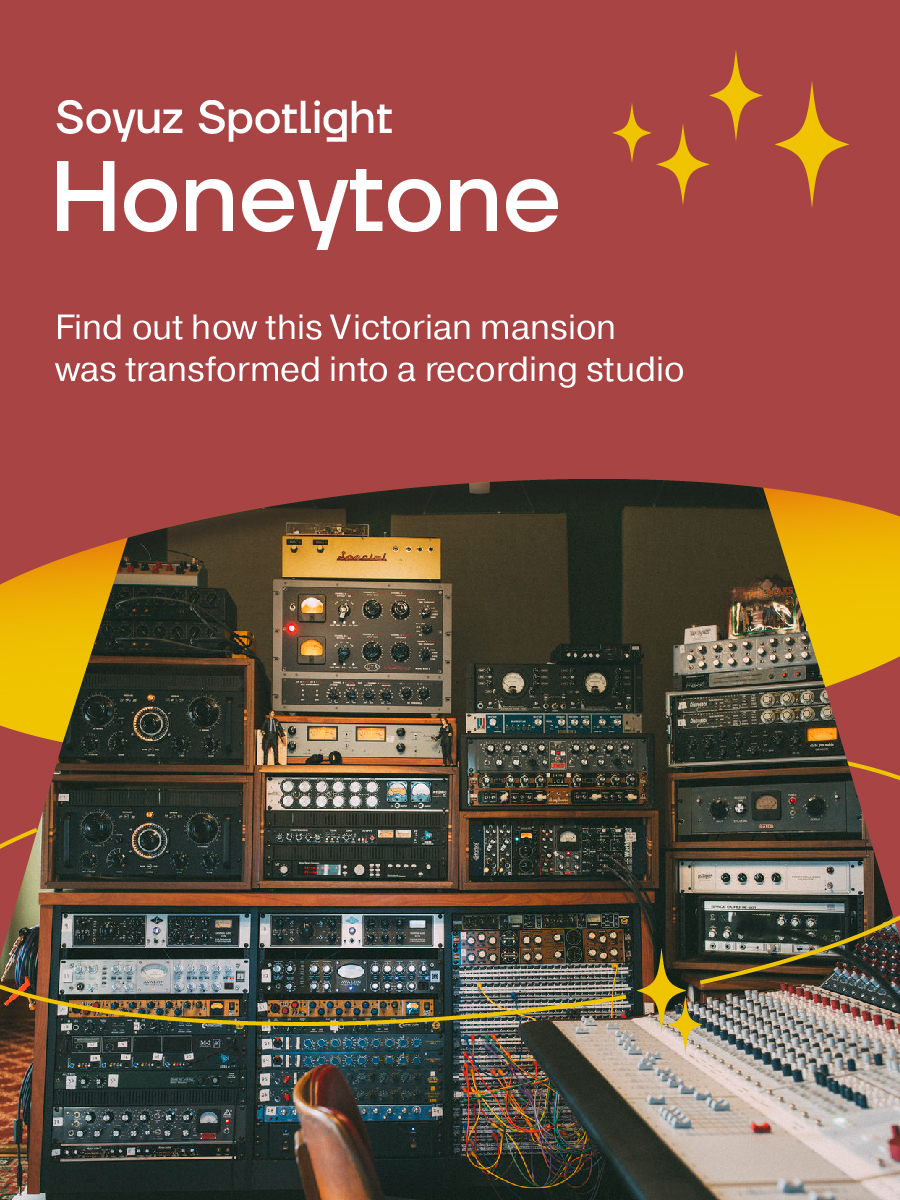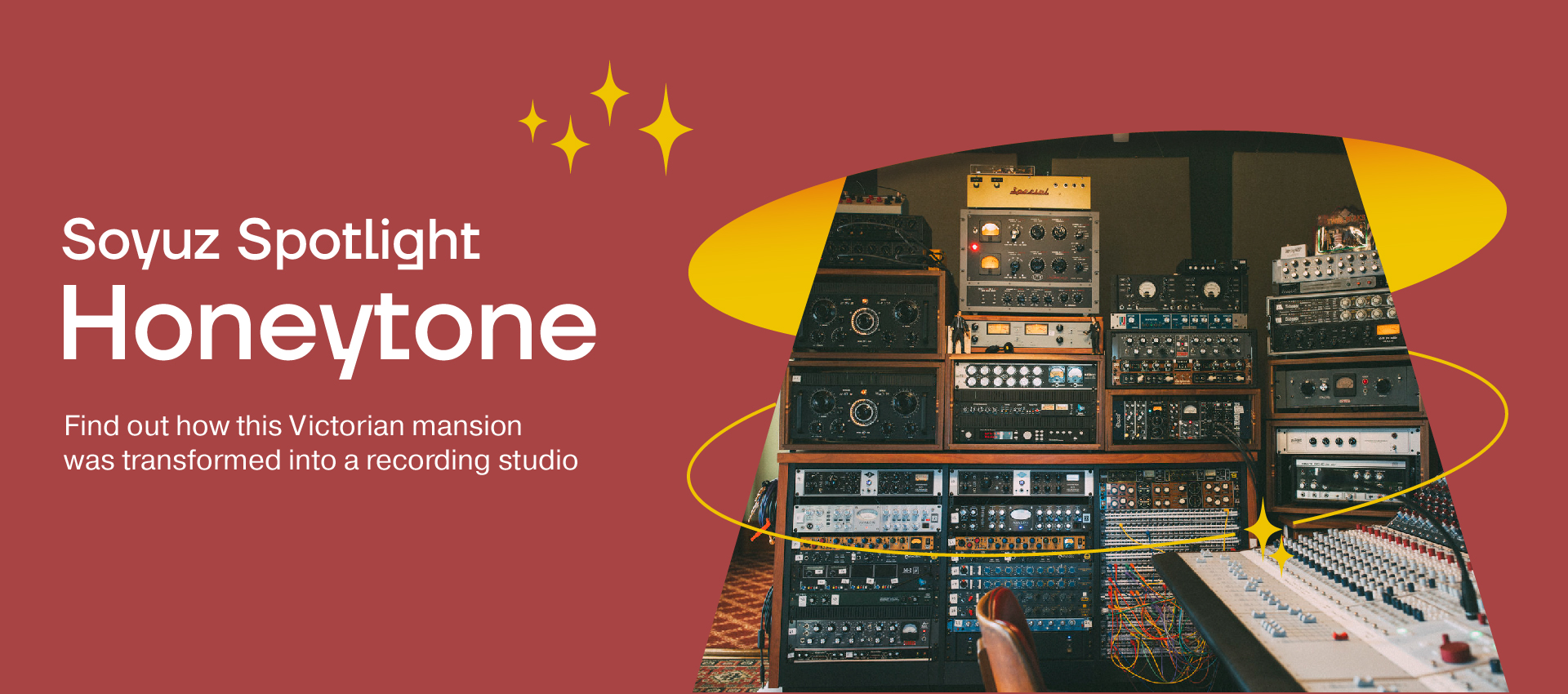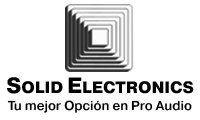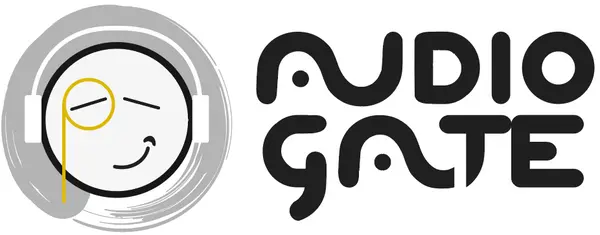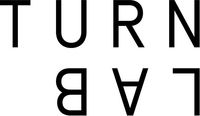Words by Tom Edwards. Images by Scotty Iulianelli (Analog Prints)
DISCLAIMER: This post contains spoilers.
In Apple’s new film, Tetris, we see American video game designer and salesperson Henk Rogers (played by Taron Egerton) embark upon a years-long struggle to gain licensing rights to the game for Nintendo in the early eighties. He meets the game’s designer, Alexey Pajitnov (Nikita Efremov) and the two bond over their mutual love of video game design. At one point in the film the two drunkenly stumble into a Russian club where Europe’s The Final Countdown plays over the loudspeakers in English. “Everyone knows the words,” Henk comments. Alexey replies, “Good ideas have no borders.”
The real-life Henk and Alexey are best friends to this day. It was only through their combined talents and worldviews — nurtured by individual life experiences that could not have been more different — that the game became an international success.
Alexey worked as a computer scientist in a state-owned computer research facility. In his spare time he developed a simple-yet-addictive puzzle game on an Electronika 60. The game was ported to IBM computers and spread like wildfire throughout the Soviet Union. This led to its discovery by British businessman Robert Stein. Stein traveled to the Soviet Union extensively, searching for video games that he could license for pennies on the dollar and then sell at a significant markup to the United States and other markets.
Alexey stood to gain nothing from such a deal and had no say in its structuring. The Soviet Union didn’t allow game designers or other inventors to capitalize on their innovations. Instead, a state-owned entity called Elektronorgtechnica (Elorg) was tapped to oversee foreign distribution of Tetris. Stein inked a deal with Elorg to distribute Tetris in the United States and Europe, and then returned to the UK where he licensed it to a third-party, Mirrorsoft Ltc..
In the United States, Henk discovered the game at a Las Vegas trade show where he’d been trying (unsuccessfully) to sell a game of his own. Enamored by its addictive qualities, he saw its potential as a massive success and approached Nintendo about licensing it on their behalf. When he learned of Stein’s deal, he tried to negotiate Japanese distribution instead. Hearing this, Mirrorsoft (through Stein) attempted to thwart the deal and gain worldwide rights for themselves. A bidding war erupted.
Determined to see the game reach its full potential, Henk boarded a plane for the Soviet Union. Instead of approaching Elorg directly, however, he met with Alexey. A designer himself, he wanted to meet the man who’d invented this game that everyone was fighting over. Alexey liked Henk, but made it clear that he was powerless to help him win licensing. Through their friendship, however, Henk was able to gain access to the licensing deal Stein had structured. He noticed a small semantic error that potentially invalidated the entire deal: Stein had failed to define a gaming console versus a home computer.
Bringing this to Elorg’s attention wasn’t an end-all be-all, though. They had no incentive to work with Nintendo over Mirrorsoft besides the licensing fee. The fee climbed back and forth as both parties competed for the deal, but the coup de gras was Henk’s presentation of a top secret new product: the Nintendo Gameboy. Eyeing the prospect of royalties from PC, video game consoles, and now handhelds, Elorg awarded the license to Nintendo.
Shortly after, Henk helped Alexey and his family move to the United States, where the friends formed an equal partnership in Tetris Inc. They remain close friends and partners to this day.
Parallels with Soyuz
In the case of Soyuz, the roles between American and Russian partners were reversed. David Brown, an American, manages the creative side of the business while Pasha oversees manufacturing and logistics. The pair’s friendship was as unlikely as Henk and Alexey’s. David Brown is an American musician and frontman for the band Brazzaville. In the early 2000s, he and his bandmate Kenny Lyon had been touring around the country regularly — making enough money to stay on the road, but not exactly getting rich.
In an attempt to make some additional cash, David decided to start a “record company.” (He bought a CD duplicating machine and started making CDs for all of his friends who were fellow musicians.) One such friend left on a busking tour through Europe, playing on the streets and passing out CDs. Through this, one of Brazzaville’s CDs ended up in a used CD store in Amsterdam, where a popular Russian radio DJ later happened to be perusing the shelves for new music. He liked the album art, so he tossed the CD into his bag and took it home for a spin. He enjoyed it so much that he started playing it on Russian radio stations, and before long, it became a hit around the country.
Meanwhile, David had no idea any of this had transpired. He received an email one day from a Russian concert promoter offering a tour. He called Kenny. “Do you have any idea why someone would want us to tour in Russia?” The band decided it was worth checking out for themselves.
Their first gig was sold-out. They were astonished to see that everyone knew the words to their songs. The next decade was filled with several more tours through Russia, Turkey, and other regions where they maintained a loyal fan base.
During one tour, they were booked for a private party by a Russian fan, Pavel “Pasha” Bazdyrev. At the time, Pasha worked at the Mars candy company where he managed global logistics, sourcing the company’s supply of nuts from around the world. Catching up after the show, he mentioned that he was from a town called Tula, where there isn’t much to do other than working in local manufacturing facilities. David recognized the city. He was familiar with several Russian microphone companies based there as well as Electro-Harmonix tubes. Over time the two conceptualized a plan to harness the city’s unique capability to produce precision goods by hand.
Filled with the generations of master machinists — a remaining few of their class left in the world — Tula has been utilized by the government as a weapons-manufacturing hub for decades. Pasha poached several of these specialists and sourced a handful of massive precision lathes that were making Kalishnikovs, and put them to work making microphones.
Making a microphone capsule quite literally requires microscopic precision. Each of Soyuz’s capsules are lathed by machinists from a solid bar of brass to within one micron of tolerance. Pasha called upon an experienced designer, Vladimir [need last name], who had experience designing Russian and German microphones. He combined the best attributes of both of these worlds to create their first microphone, the 017, with aesthetics directed by David’s western design philosophies.
When the 017 was finished, David took their design to the United States and introduced it to engineers, artists, retailers, and pro audio media. Soyuz microphones have now become modern classics, being used by artists like Coldplay, Radiohead, Sam Smith, The Midnight, and many more.
Aptly, the name “Soyuz” means “union” in Russian. Like Tetris, Inc, this ethos defines the company both inside and out: the microphones are only made possible by Pasha’s Eastern precision manufacturing and global logistics experience paired with David’s Western design aesthetics and knowledge of the music and recording industry.
Both Tetris and Soyuz serve as reminders to look beyond political borders and see the humanity that connects us all. By transcending government bureaucracy and connecting with Alexey, Henk was able to form a lasting partnership that has far outlived (and outsold) the quick cash grab Stein and Mirrorsoft attempted. By embracing one another’s cultures David and Pasha have created an innovative, heirloom quality product in an industry plagued by knock-offs and mass produced goods.
